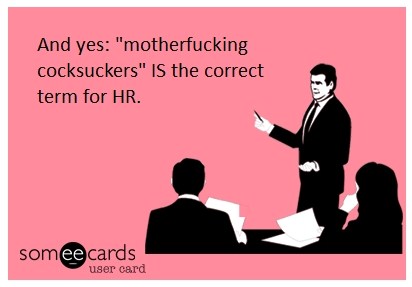As far as I know, these are the advertisers who have “paused” their presence on Twatter since Elon Musk took over:
- Audi — can’t afford their overpriced cars anyway
- General Mills — so much for that weekly box of Cheerios in the cart
- General Motors — never on my list because crap cars and trucks
- Mondelez International (formerly Kraft [Snack] Foods)– never cared for Oreos, Triscuits, Ritz and TUC either. As for their chocolate brands, I can only see a problem with Cadbury (hello Lindt) and Fry’s — massive concern from New Wife, who loves their Turkish Delight
- Pfizer — pfuckem, not going to get another ‘Rona jab anyway
- Volkswagen — well, that’s a real stinker. As a lifetime buyer of VW cars, wagons and vans (7 or 8 so far), I guess I’ll just have to break the VW habit and look elsewhere for a replacement for the Tiguan when the time comes, as long as it’s not Chev or Audi (hello… Mazda?).
Also:
Advertising companies Interpublic Group—with clients like CVS and Nintendo—and Havas Media—whose clients include O2, Hyundai, and Domino’s Pizza—have recommended to their clients to pause paid advertising on Twitter, Forbes reported.
No more Rx from CVS, then (hello Wal-Mart or Kroger), and I’ve never been a user / consumer of the others.
One person (Yer Humble Narrator) can’t do much, it seems, when it comes to making these assholes pay for their wokedom. Let’s hope there are a lot more people who think the way I do.
And remember: not being a Twatter adherent myself, I actually care little about whatever happens to them. What gets up my nose is the Leftist reaction (note the players) to Musk’s avowed intent to make the company less stridently Left-wing and fervently anti-conservative. Maybe he should just fire more Twatter employees as a result of lowered ad revenue.










